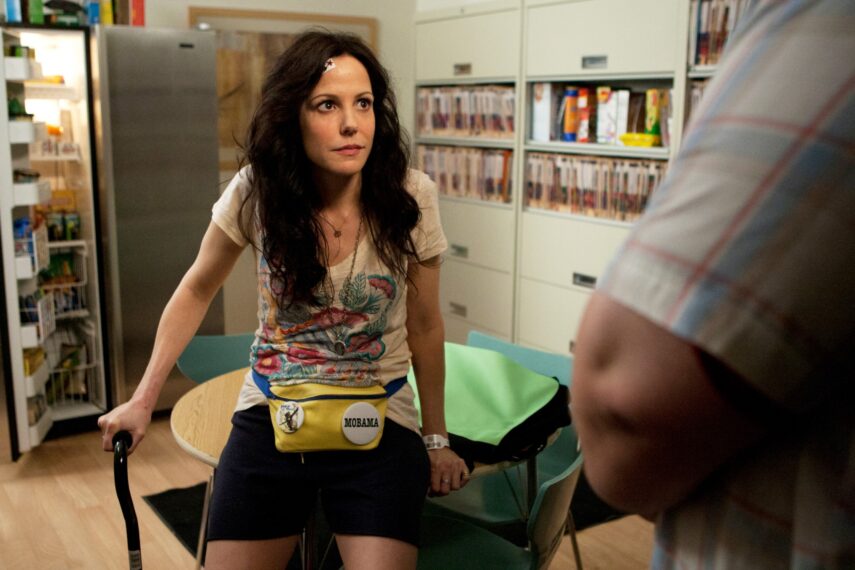The story of Arthur Colahan, the Irish man who wrote "Galway Bay," is just as moving as the song itself. "Galway Bay," made famous by Bing Crosby and featured in "The Quiet Man," was once the third bestselling song in the world, according to the Billboard chart. It became one of the great Irish tunes of all time.
The creator of "Galway Bay" was a quiet doctor who was born in Ireland, died in England, and was buried in an unmarked grave back in his beloved Irish homeland. Dr. Arthur Colahan never lived to see the massive worldwide success of his song.

He was born in Enniskillen, Co Fermanagh , the eldest child of Professor Nicholas Whistler Colahan (1853-1930) and Elisabeth Quinn of Limerick (b.c.1866).
His family moved to Galway, and he grew up there. After completing his secondary education at St Joseph's College, Galway (The 'Bish'), he enrolled at University College Dublin in 1900, did an Arts degree, and then studied medicine. He transferred to University College Galway and graduated in 1913.
He was a member of the college Literary and Debating Society and participated in drama. He began his medical career in the County Infirmary in Galway and then moved to Holles Street. He joined the Royal Army Medical Corps and was badly affected by mustard gas in India.
After the war, he settled in Leicester, where he spent the rest of his career as a neurological specialist. Theories abound as to where the song was written or where it was first heard. Some say it was in the home of Dr.
Morris at 1 Montpelier Terrace, while others believe it was in The Vicars Croft on Taylor's Hill, from where one could see Galway Bay. Other songs written by Colahan included "Maccushla Mine," "Asthoreen Bawn," "Until God's Day", "The Kylemore Pass" and "The Claddagh Ring." The opening lines: “If you ever go across the sea to Ireland.
.. and maybe at the closing of the day” has brought many a tear to emigrant's eyes.
More importantly, Colahan never knew Bing Crosby changed his lyrics from "speak a language that the English do not know" to "speak a language that the strangers do not know” because Crosby did not want the song to be too political, according to songplaces.com. The “Light a Penny Candle" lyric from the song became the title of a Maeve Binchy book that proved very popular.
The song vies with four other great Galway songs. “The West’s Awake," “My Own Dear Galway Bay,” Mundy’s “Galway Girl” and Ed Sheeran’s “Galway Girl.” In more recent times, the Pogues revived its memory by including it in their incredible Christmas tune “ Fairytale of New York .
” The lyric from "Fairytale" is: “The Boys of the NYPD choir were singing 'Galway Bay...
'” In fact, during the filming of the video, the NYPD band did not know the lyrics and chanted the Mickey Mouse Disney song instead. Sign up to IrishCentral's newsletter to stay up-to-date with everything Irish! The Colahan family grave in Galway cemetery makes no mention of Dr. Arthur's burial and few of his family attended his funeral.
The song was used in the 1952 movie "The Quiet Man," starring John Wayne and Maureen O’Hara, but Arthur Colahan's name does not appear in the credits. It seems this songwriter was forgotten by almost everyone. The Irish Graves Association discovered that Colahan, who composed the song was buried in a multiple grave in Bohermore, the Galway city center cemetery.
They approached Mayor O Brolcháin about marking the gravesite with his name in 2007. The man, who wrote the biggest-selling song in 1956, has "no recognition at all", according to the Mayor. "He should have his name on the grave.
I thought it was a reasonable request. Though we have Colohan Road in the city, he's obviously someone that a lot of people haven't heard of." Ironically the city of Leicester in England has a plaque marking the house where he lived in.
By the way, Galway Bay is a real place, a large bay between Galway and Clare, 30 miles long and 15 miles wide dotted by beautiful islands and spectacular scenery. If you ever go across the sea to Ireland Then maybe at the closing of your day You can sit and watch the moon rise over Claddagh And see the sun go down on Galway Bay Just to hear again the ripple of the trout stream The women in the meadow making hay Just to sit beside the turf fire in a cabin And watch the barefoot gossoons as they play Ooooh..
. For the breezes blowing o'er the seas from Ireland Are perfumed by the heather as they blow And the women in the uplands diggin praties Speak a language that the strangers do not know Yet the strangers came and tried to teach us their ways And they scorned us just for being what we are But they might as well go chasin after moonbeams Or light a penny candle from a star And if there's gonna be a life hereafter And faith somehow, I'm sure there's gonna be I will ask my God to let me make my Heaven In that dear land across the Irish sea. * Originally published in June 2017.
Updated in Aug 2024..



















